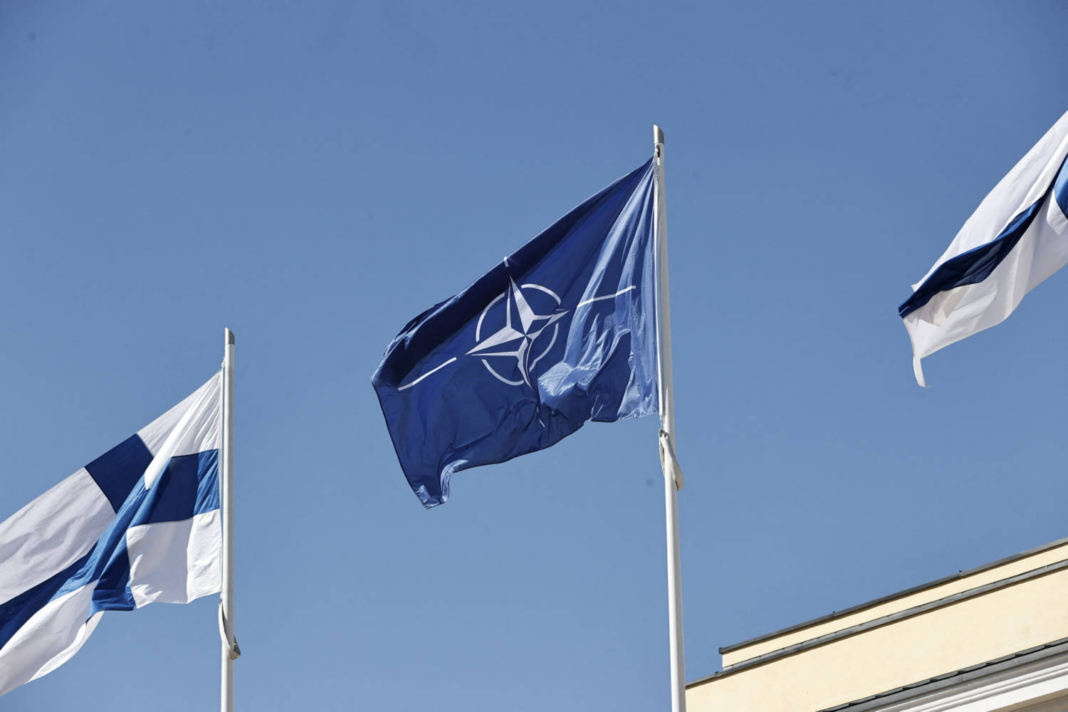Since Finland’s decision to join NATO, the country has witnessed an alarming surge in ransomware attacks.
A high-ranking official from Finland’s National Cyber Security Centre (NCSC) acknowledges the potential connection between geopolitical events and the rise in cyber threats. As Finland faces increasing tensions with Russia and aligns itself with NATO, it confronts the challenge of defending against cyberattacks.
Finland’s Geopolitical Pivot and the Ransomware Onslaught
Historically neutral, Finland opted to join NATO following the invasion of Ukraine. Consequently, ransomware attacks on Finnish organizations have skyrocketed fourfold. The NCSC’s Deputy Director General, Sauli Pahlman, points to a possible link between geopolitical shifts and the surge in cyber incidents.
Cyber Environment: A New Frontier for Espionage
The expulsion of alleged Russian intelligence officers triggered warnings that Russia might resort to cyber espionage. Antti Pelttari, head of the Finnish Security Intelligence Service (SUPO), warned of a shift towards cyberattacks as an alternative to traditional intelligence methods. Although Pahlman downplays large-scale cyber incidents affecting critical infrastructure, the NCSC raised the cyber threat level to increase vigilance.
The Soaring Incidents of Ransomware Attacks
While state-sponsored cyber incidents have not witnessed a significant increase, ransomware attacks targeting organizations have surged. Finland experienced a substantial rise in distributed-denial-of-service (DDoS) attacks, showcasing the diverse range of cyber threats faced.
Despite the surge in ransomware incidents, Finland’s NCSC attributes its successful handling of cyber threats to the high level of preparedness among local organizations compared to their international counterparts.
The Imperative for a Fresh Cyber Defense Strategy
As cyberattacks continue to target both public and private sectors, there is growing skepticism about relying solely on deterrence by denial. NATO officials call for a paradigm shift in cyber defense strategy, emphasizing the need to operate, compete, and potentially retaliate in the cyber domain.





